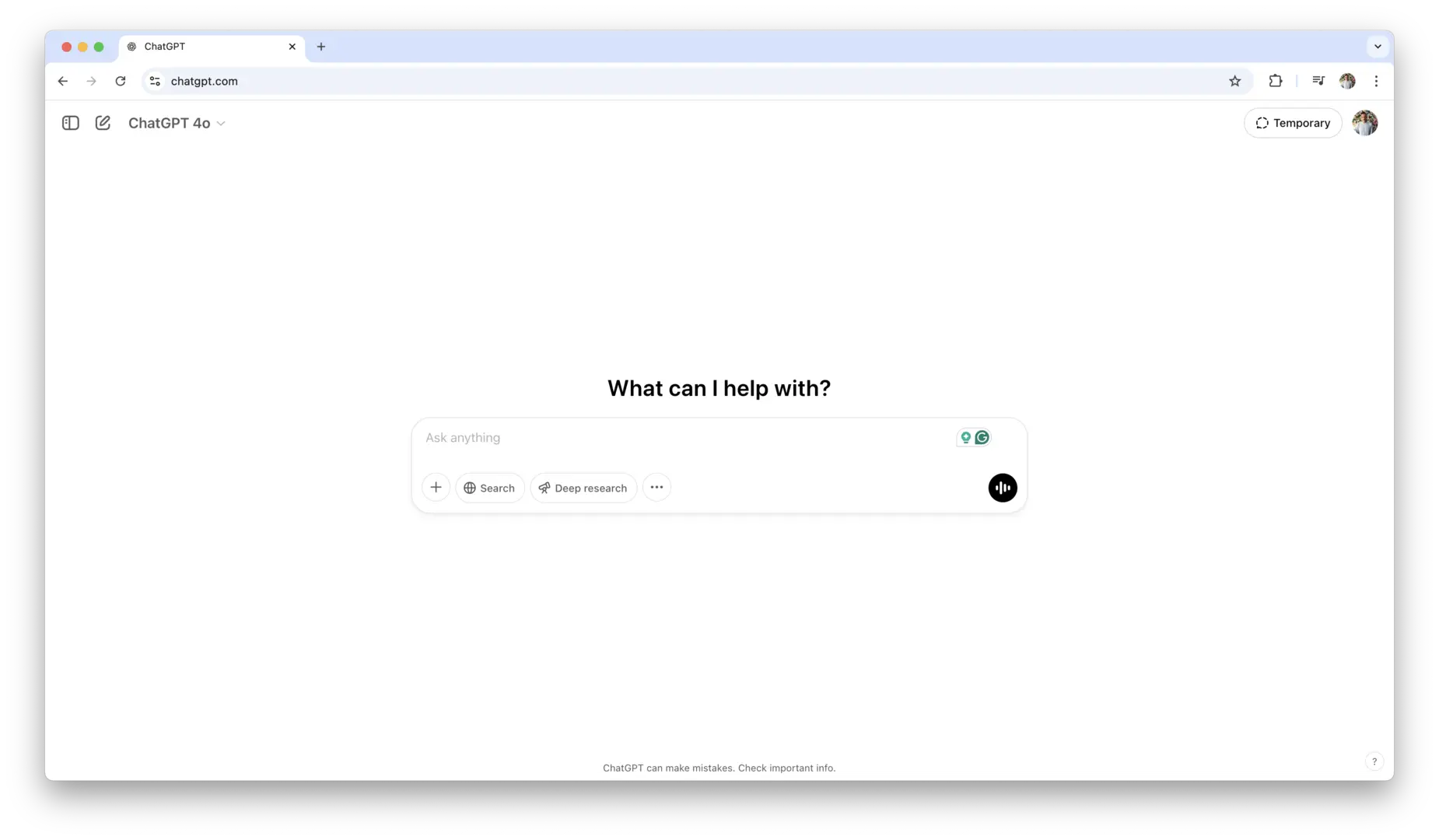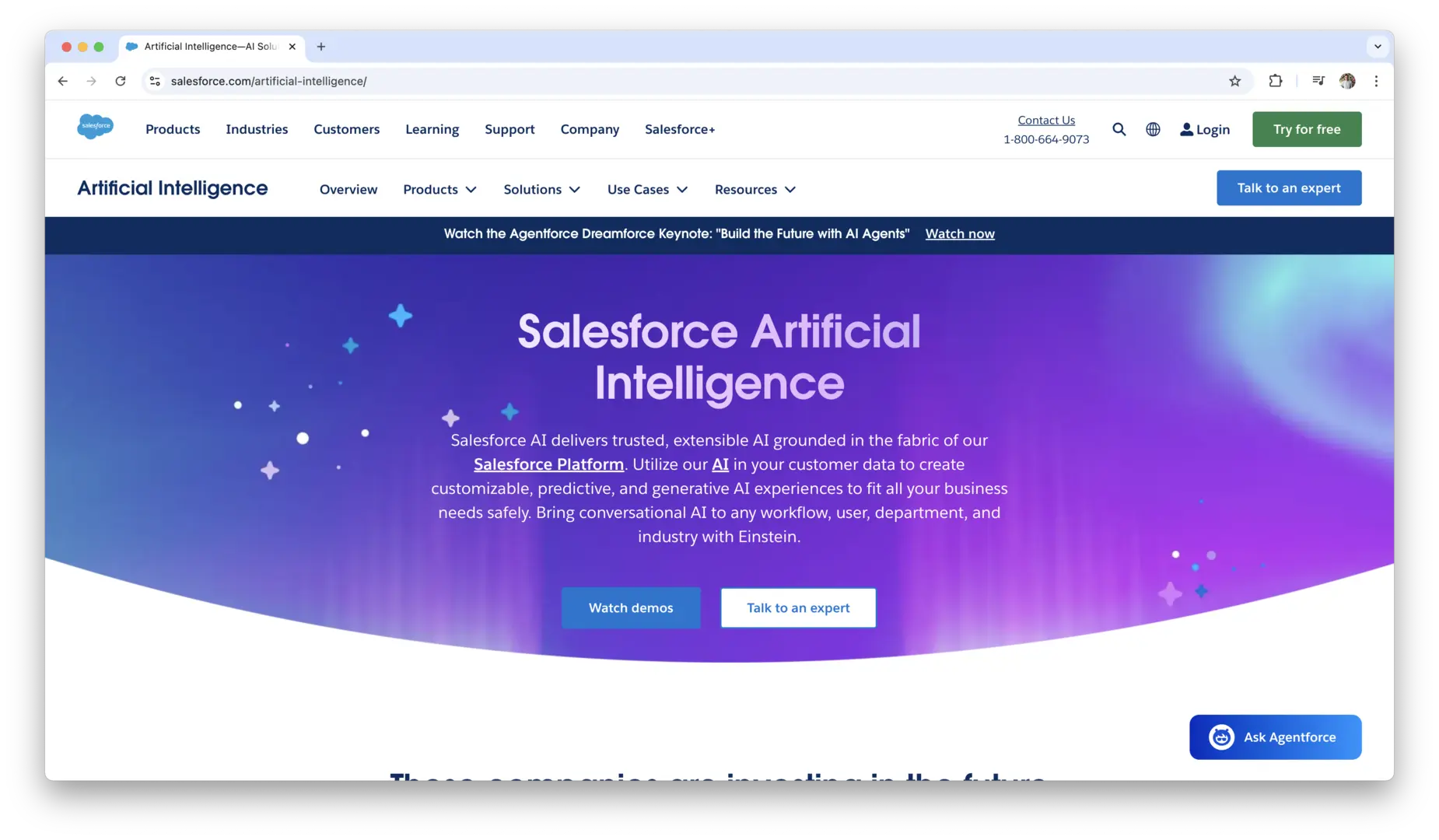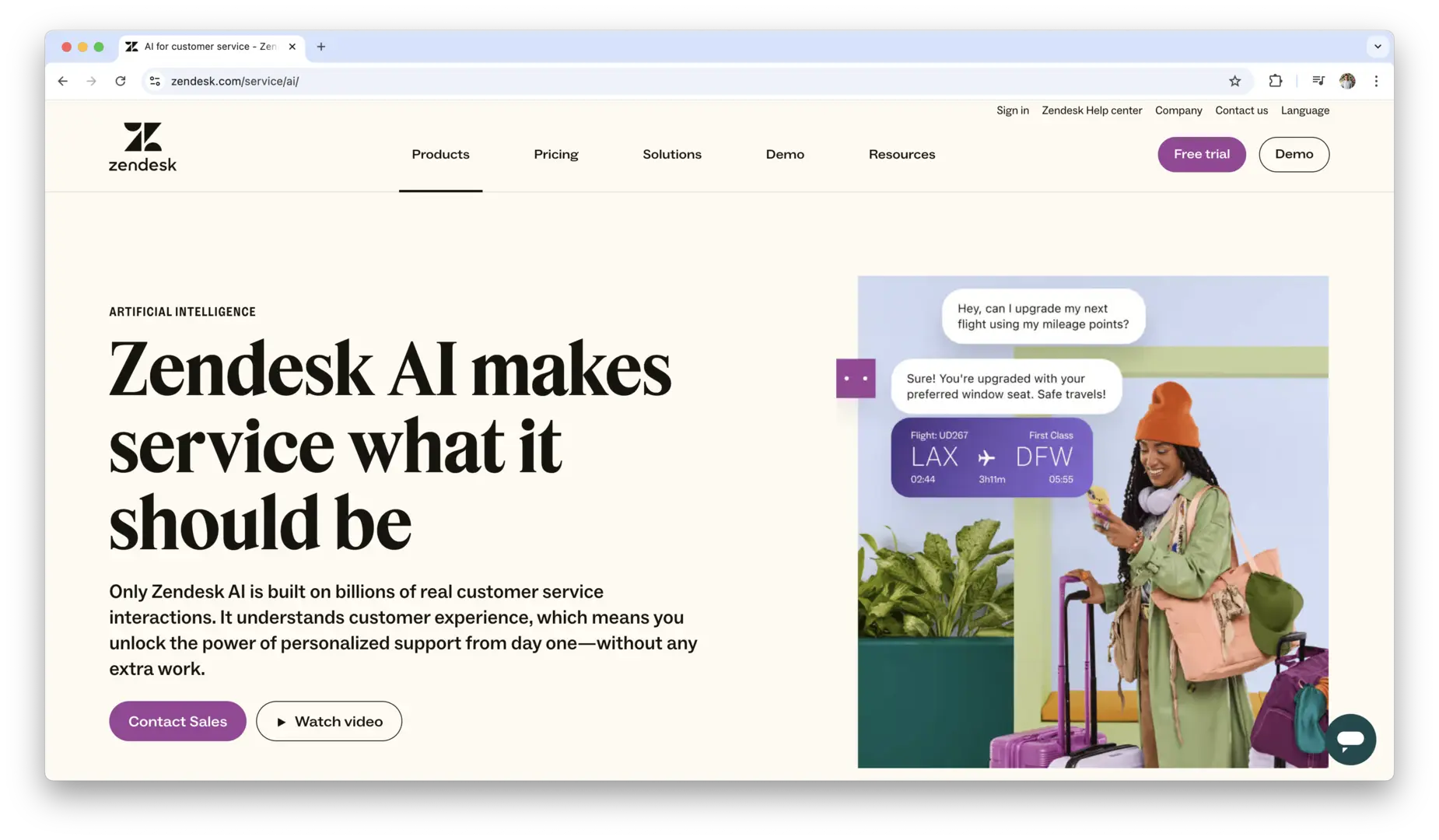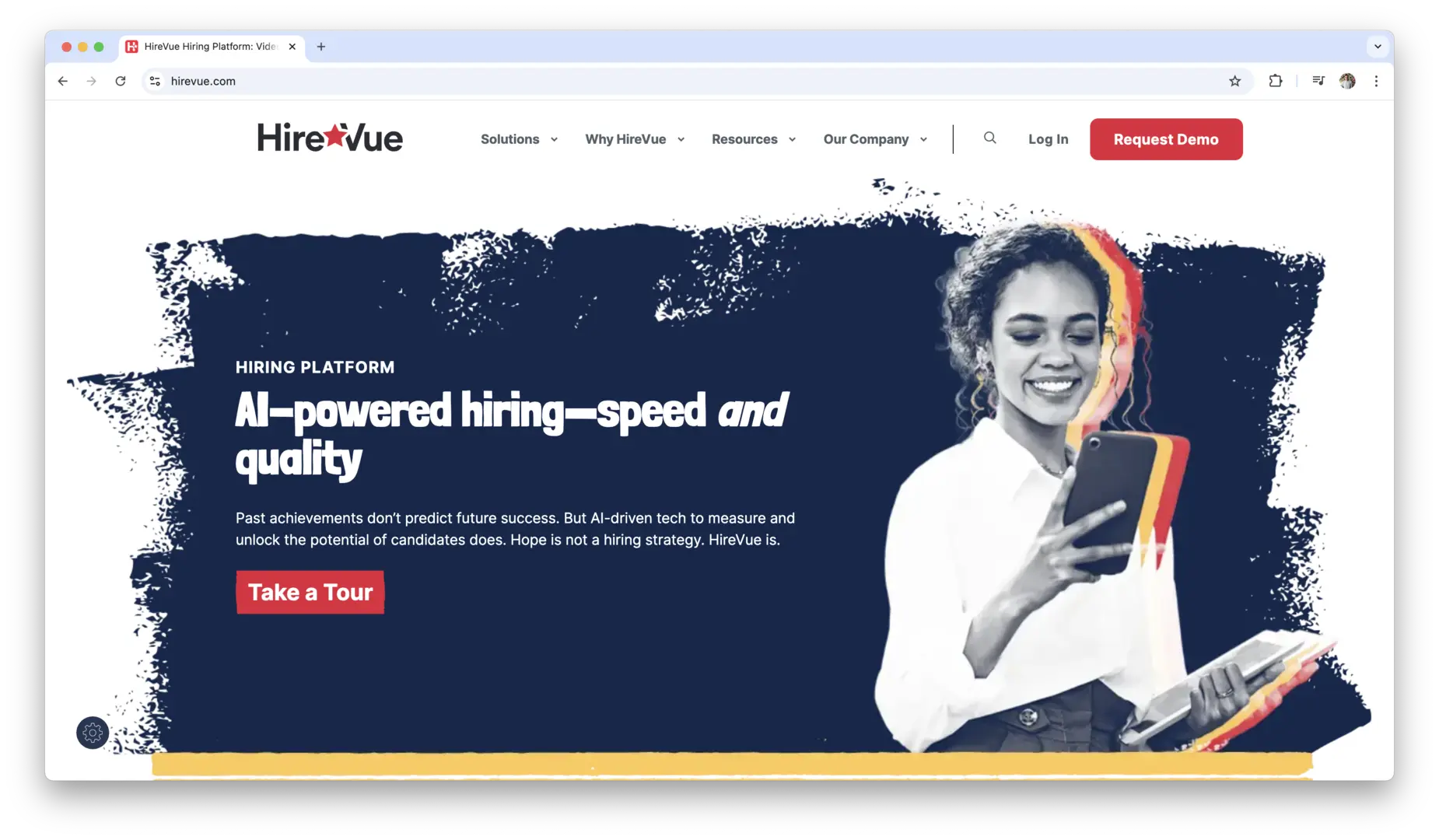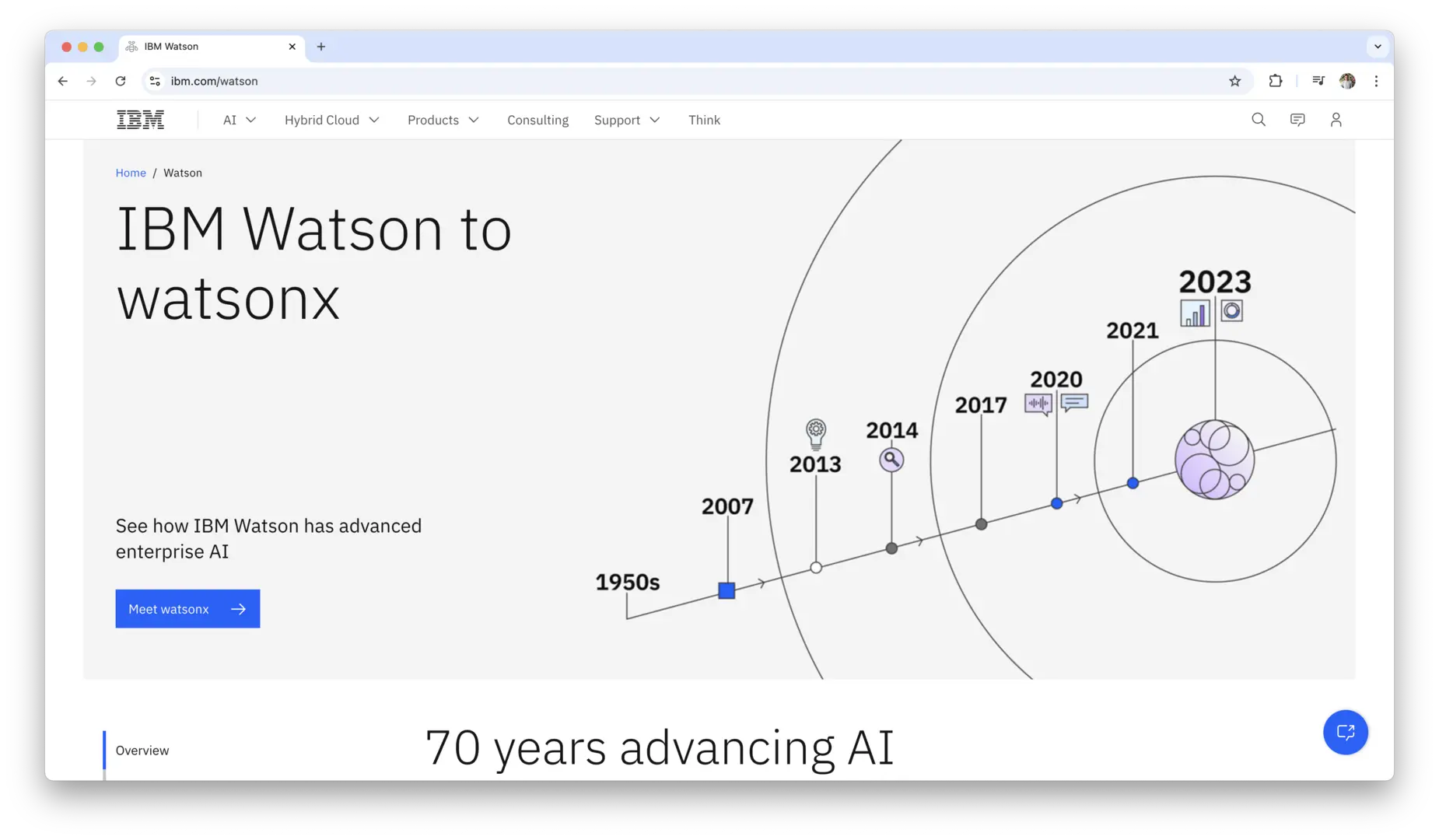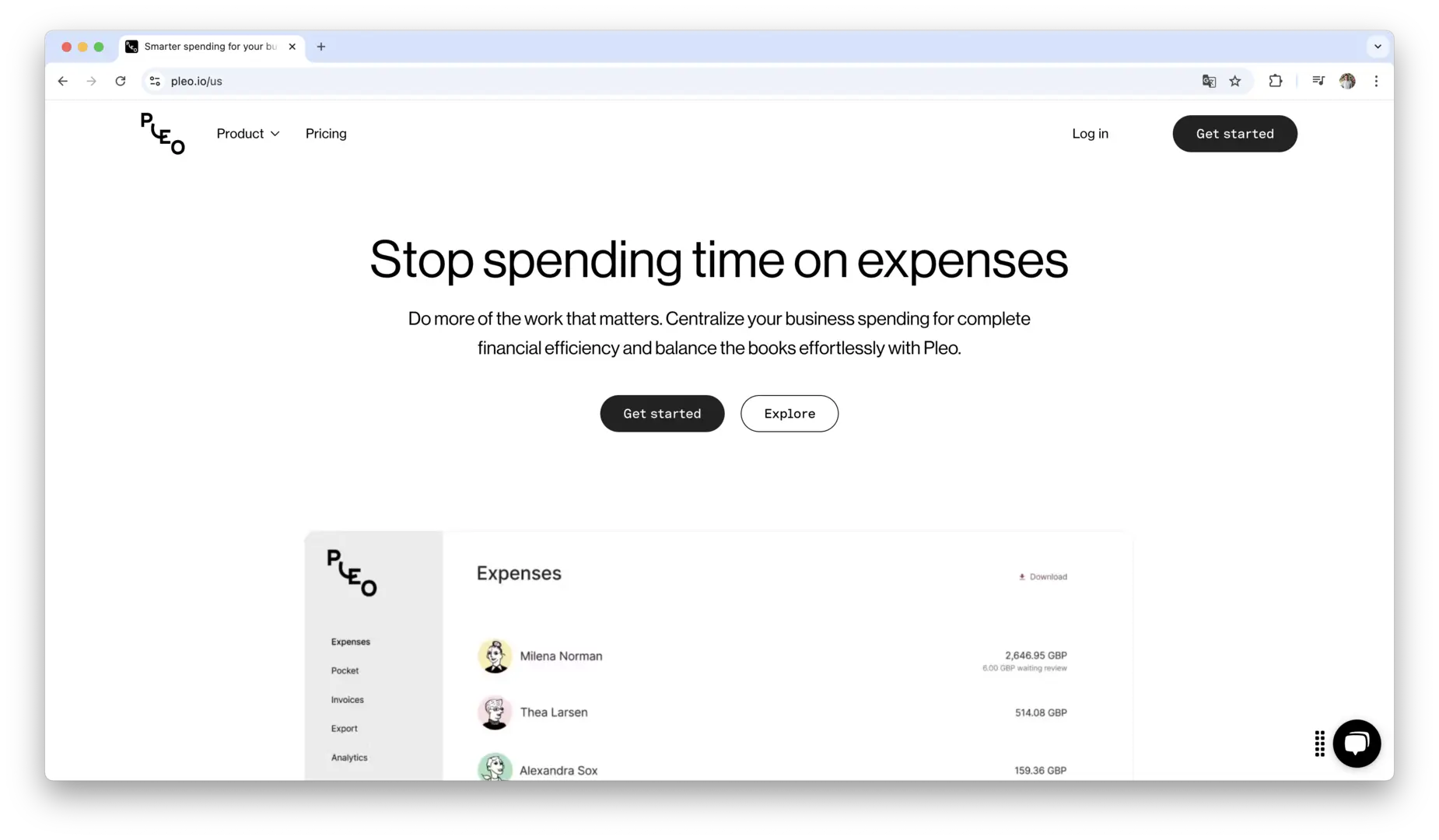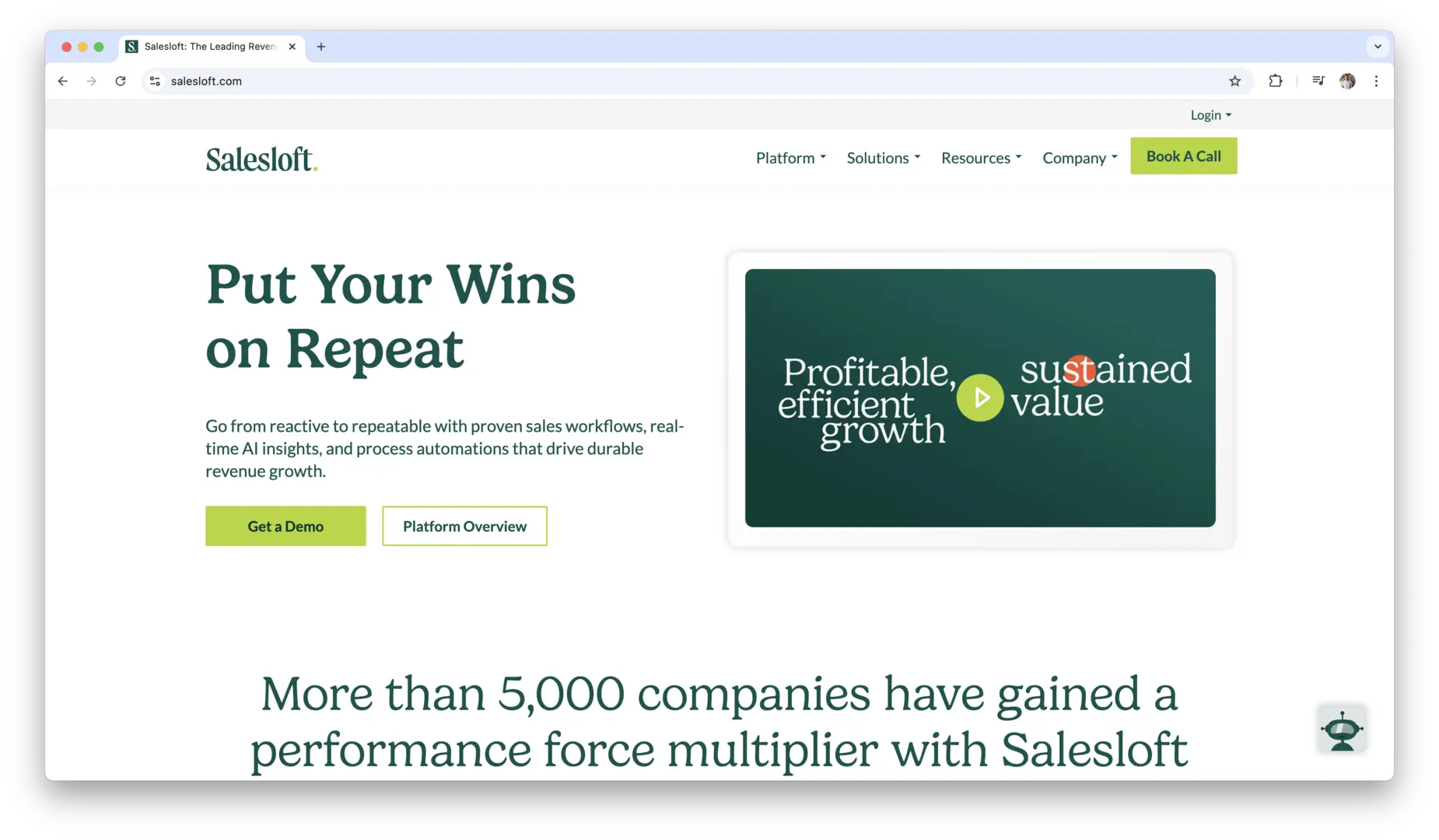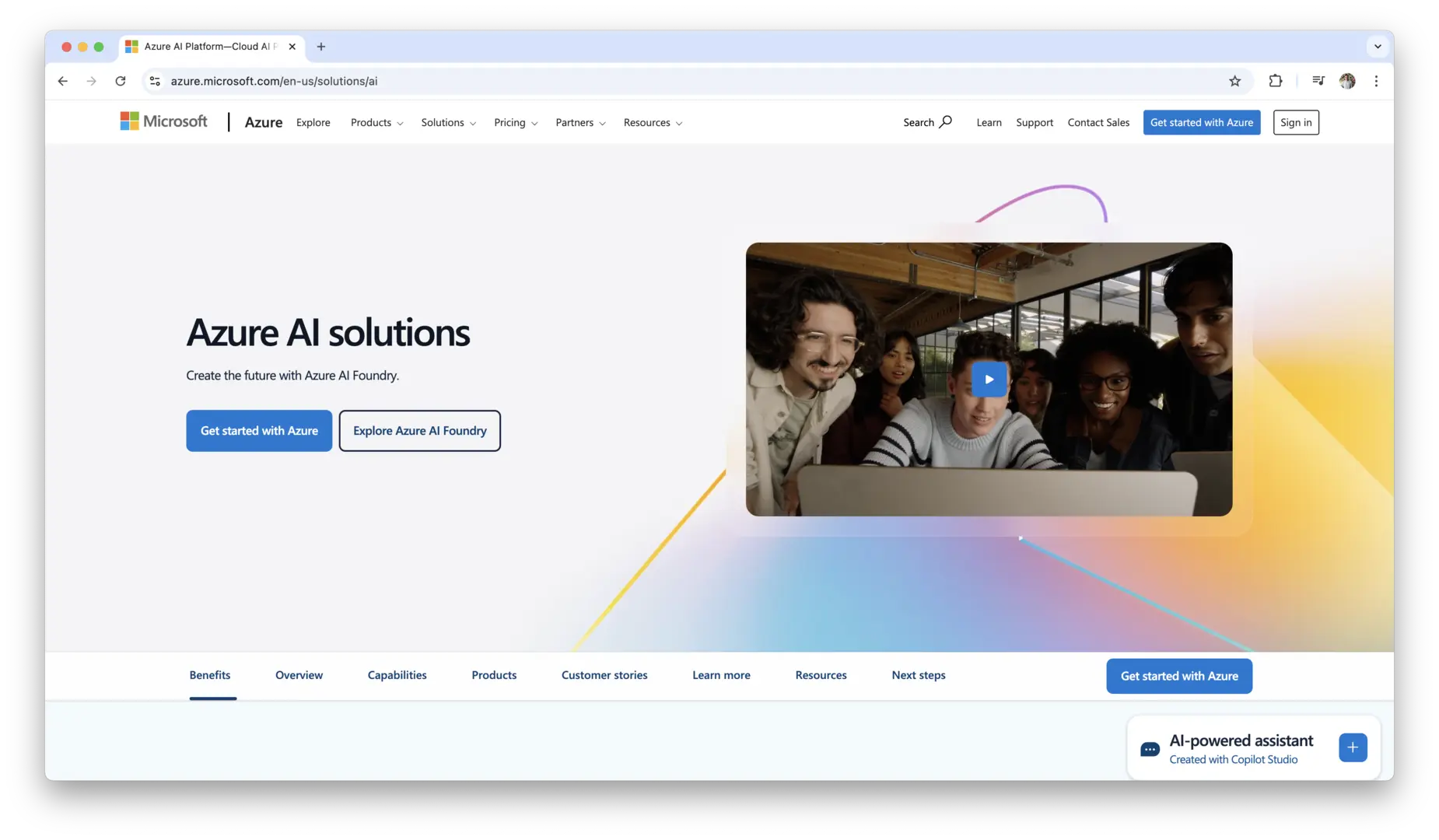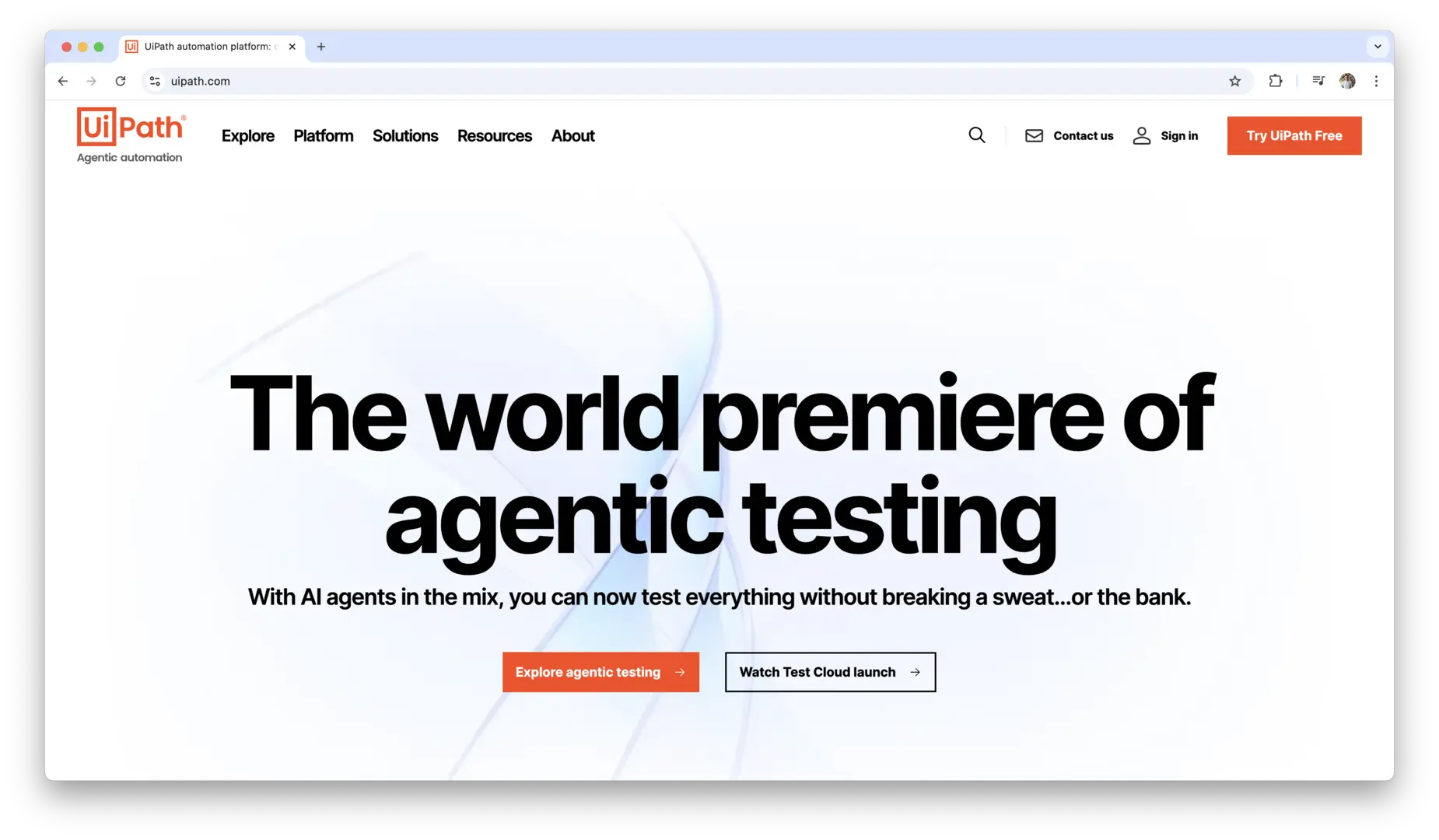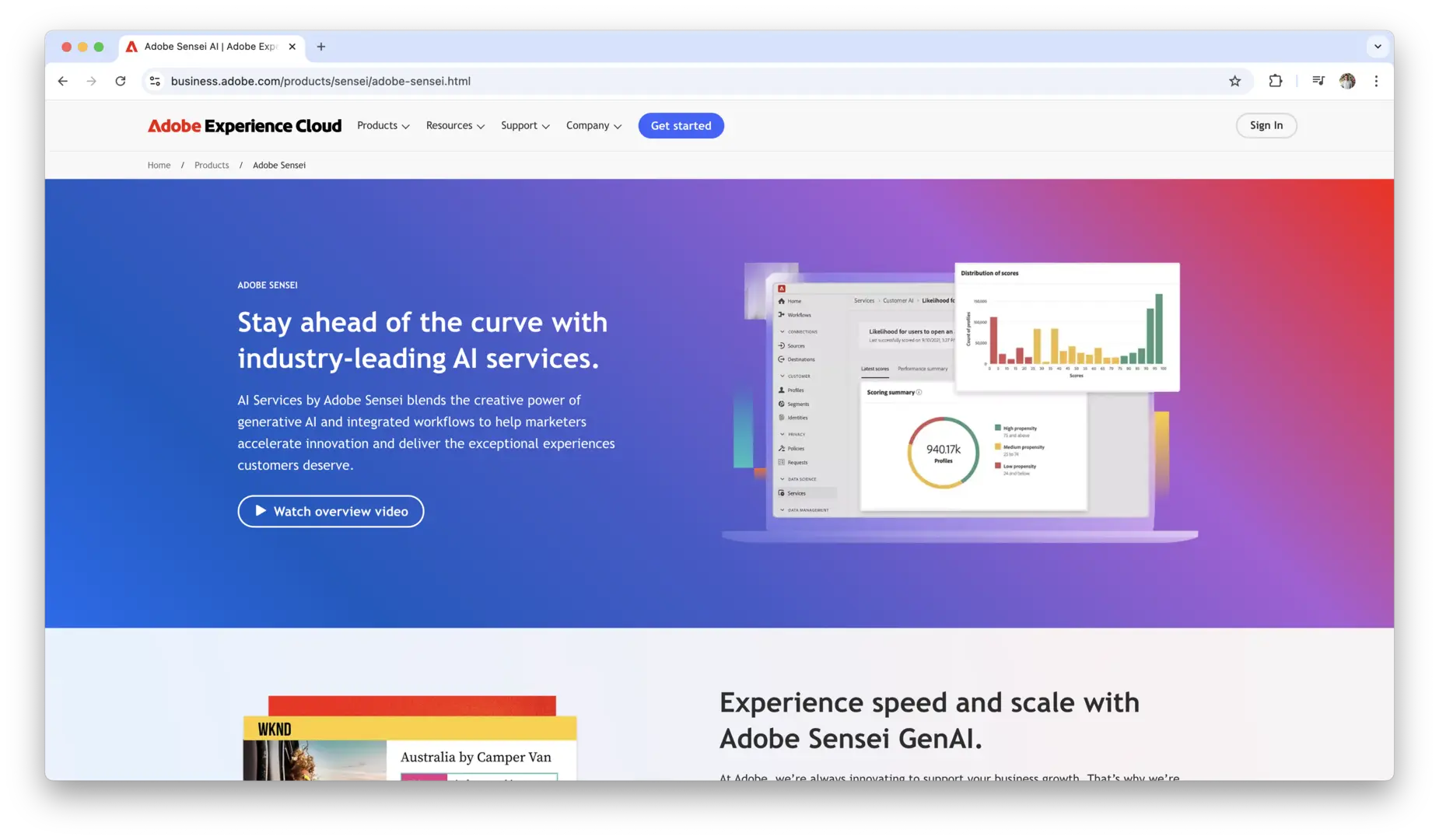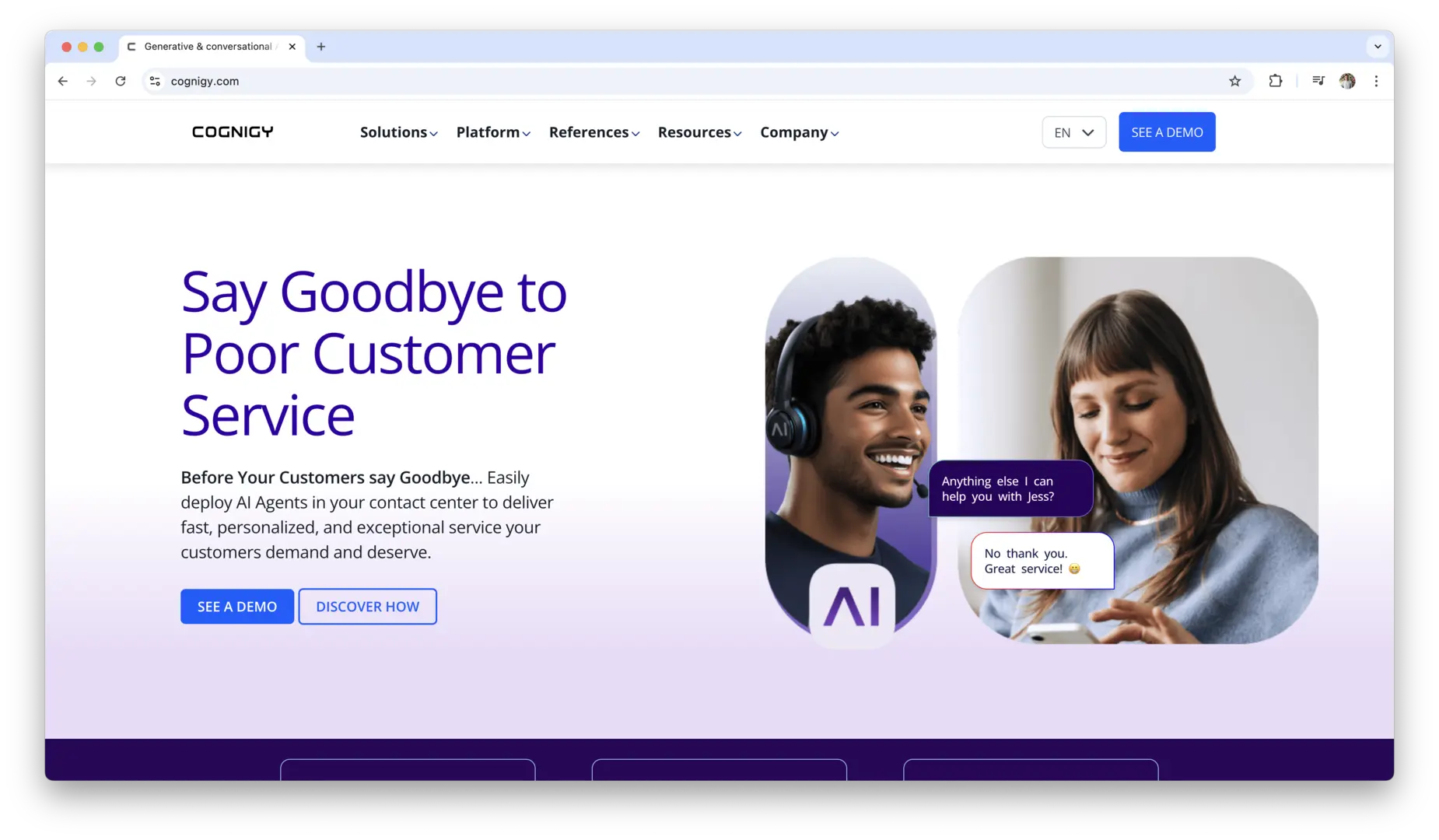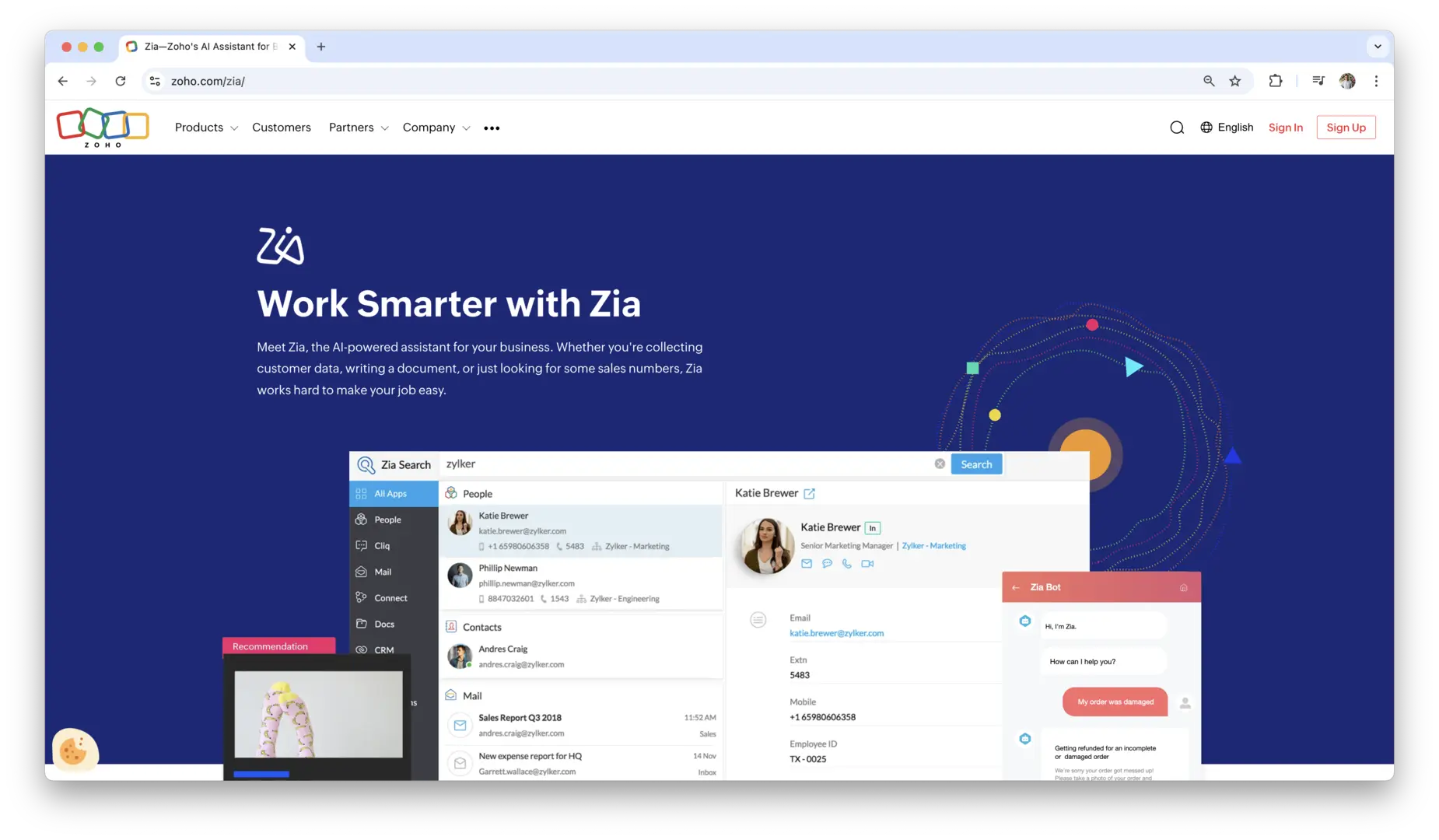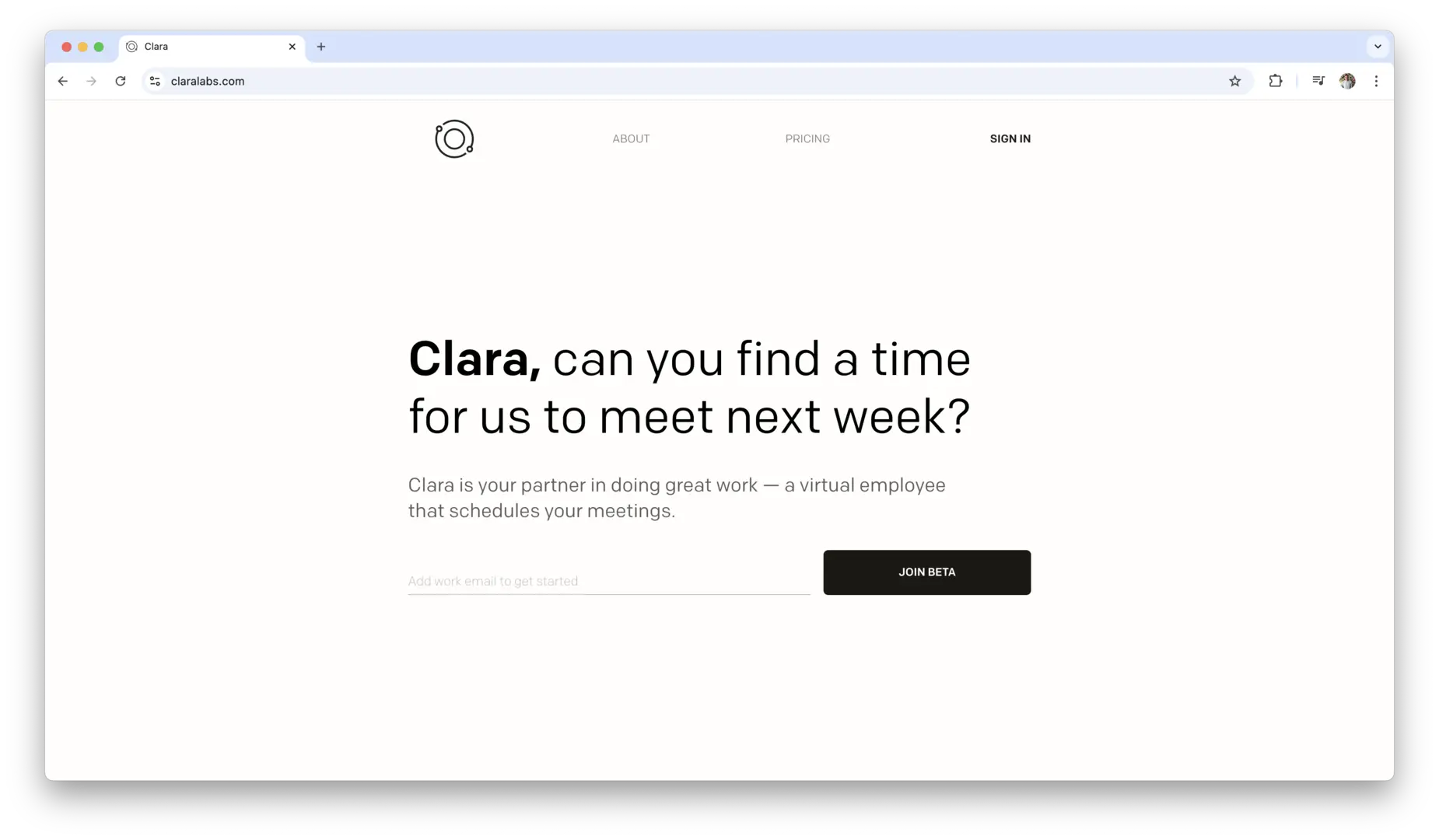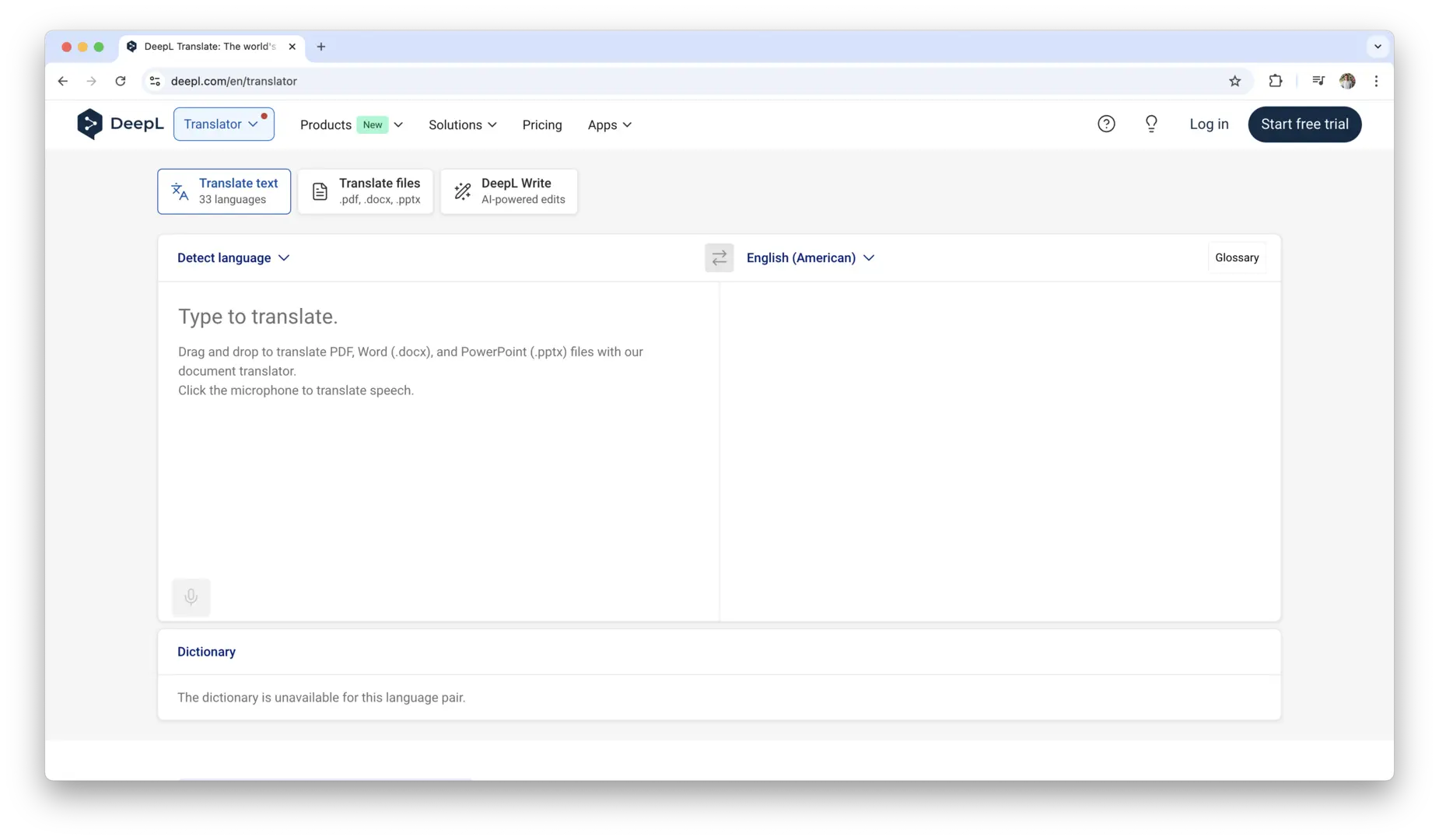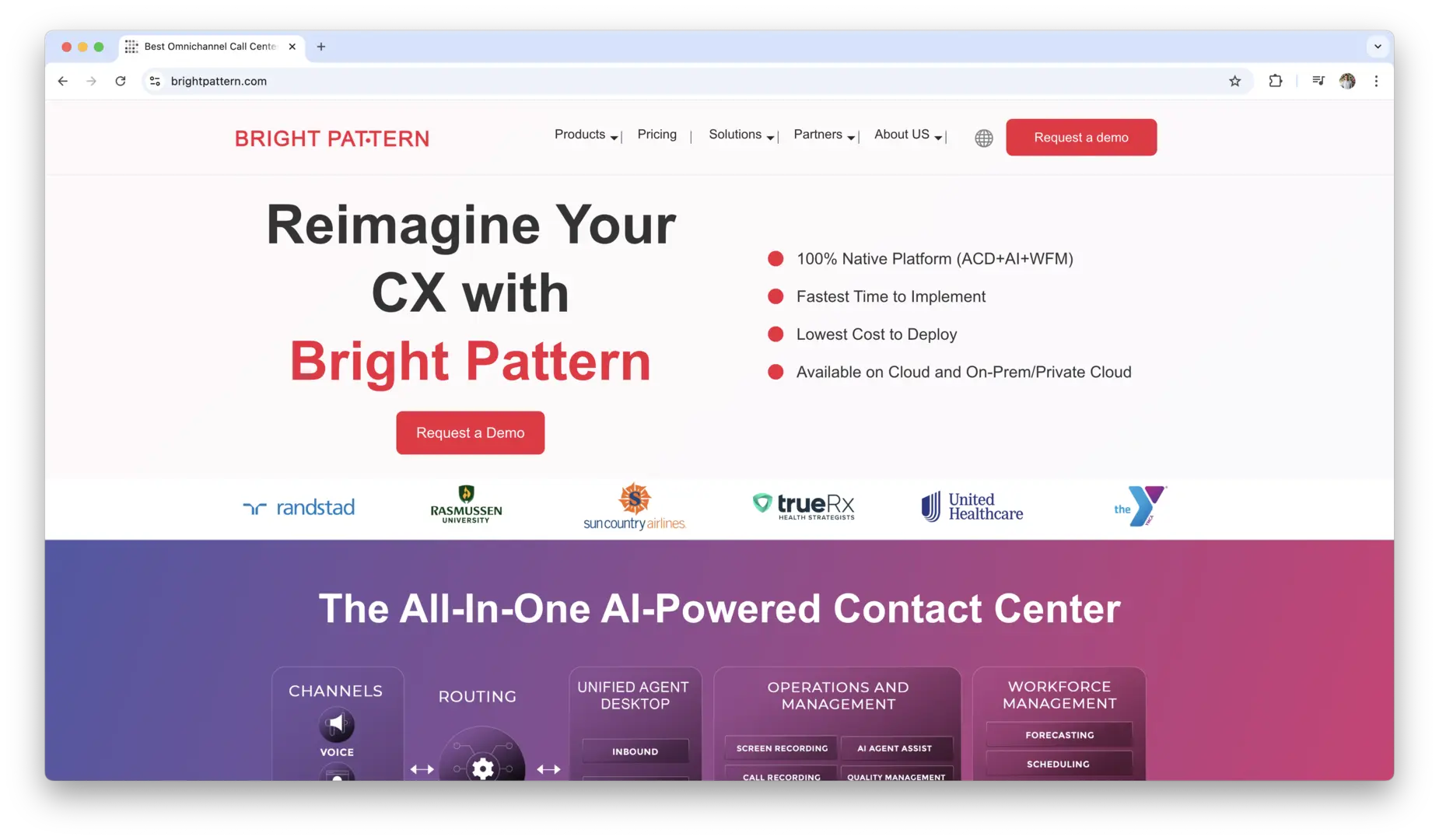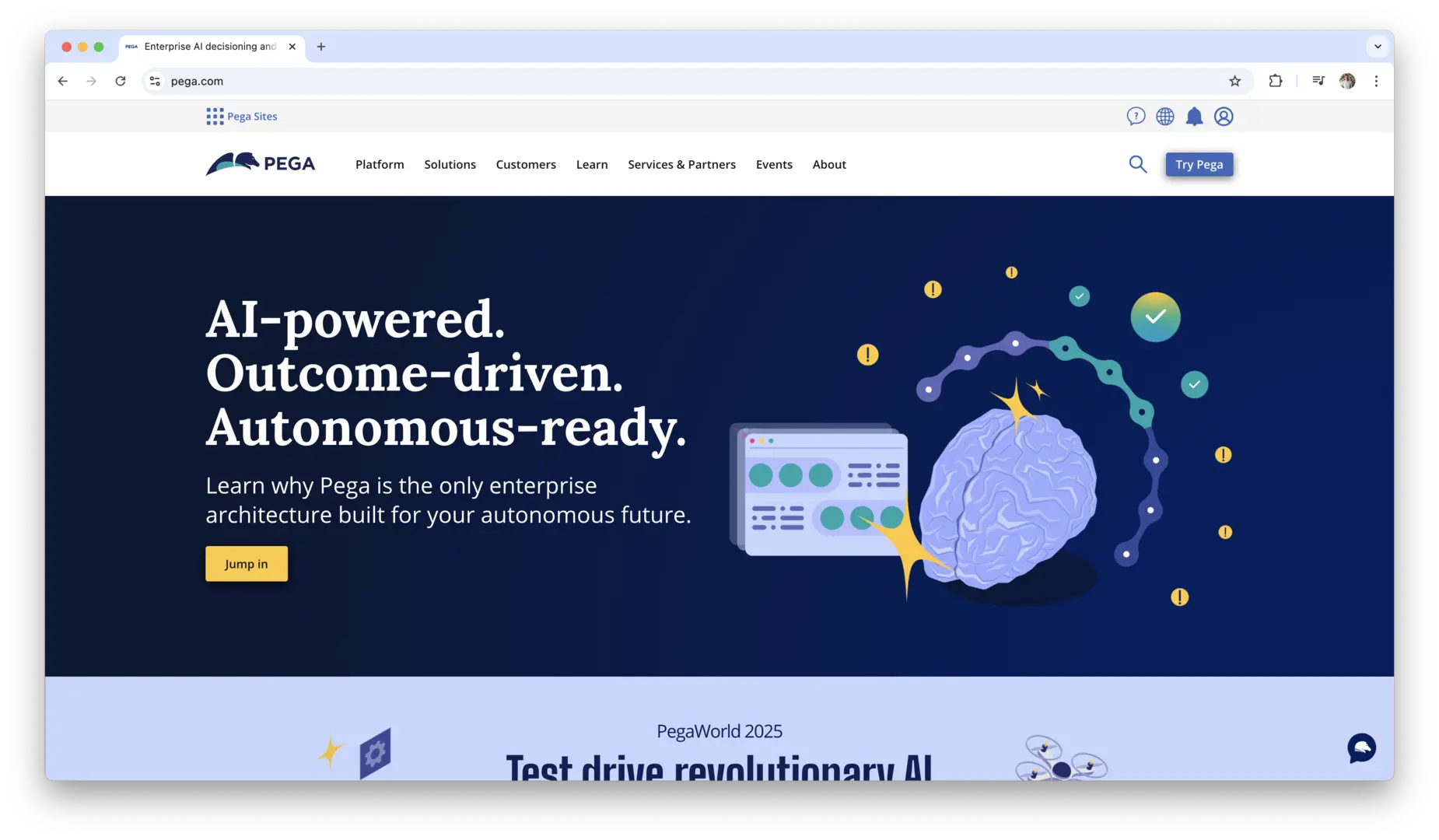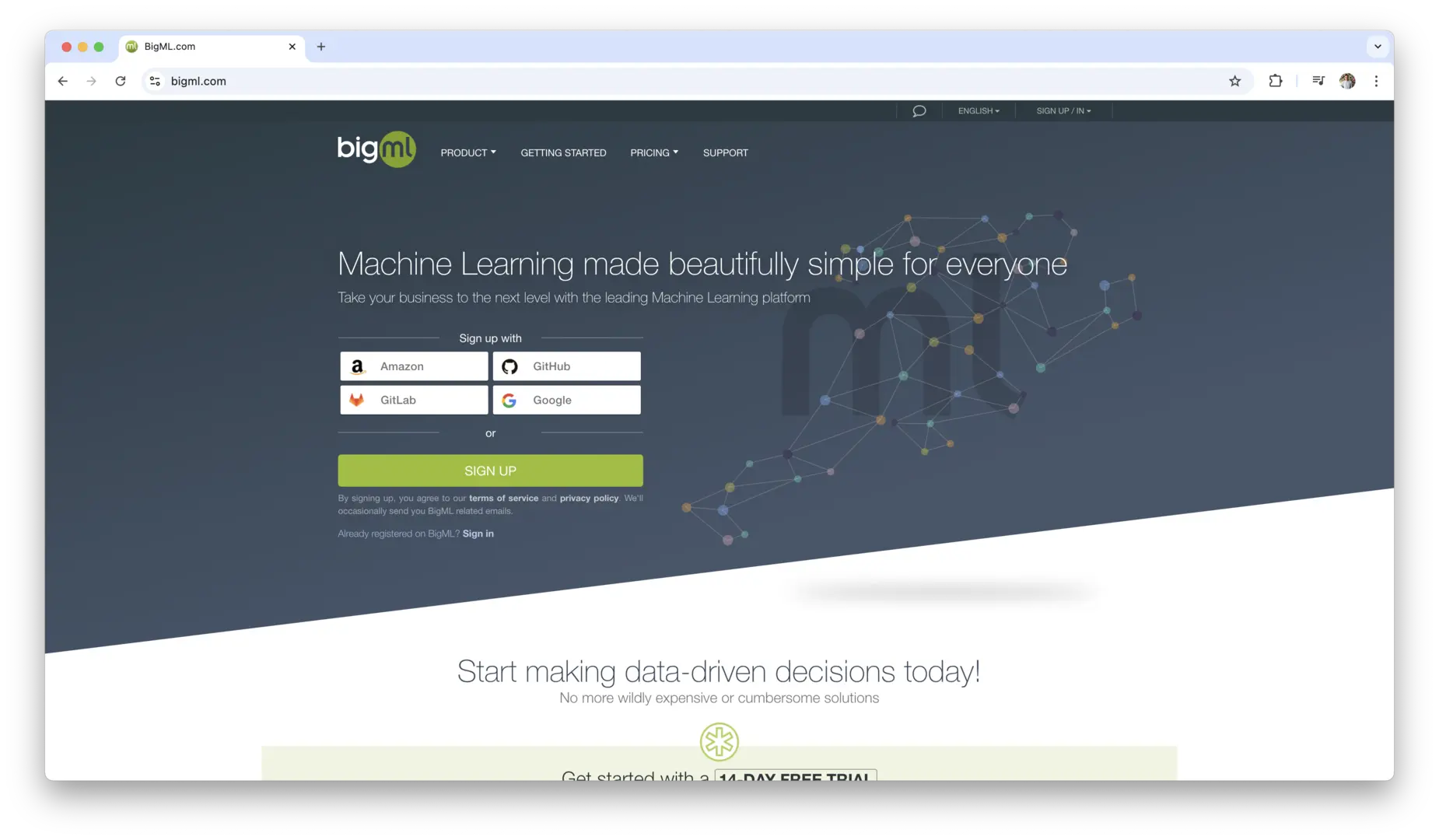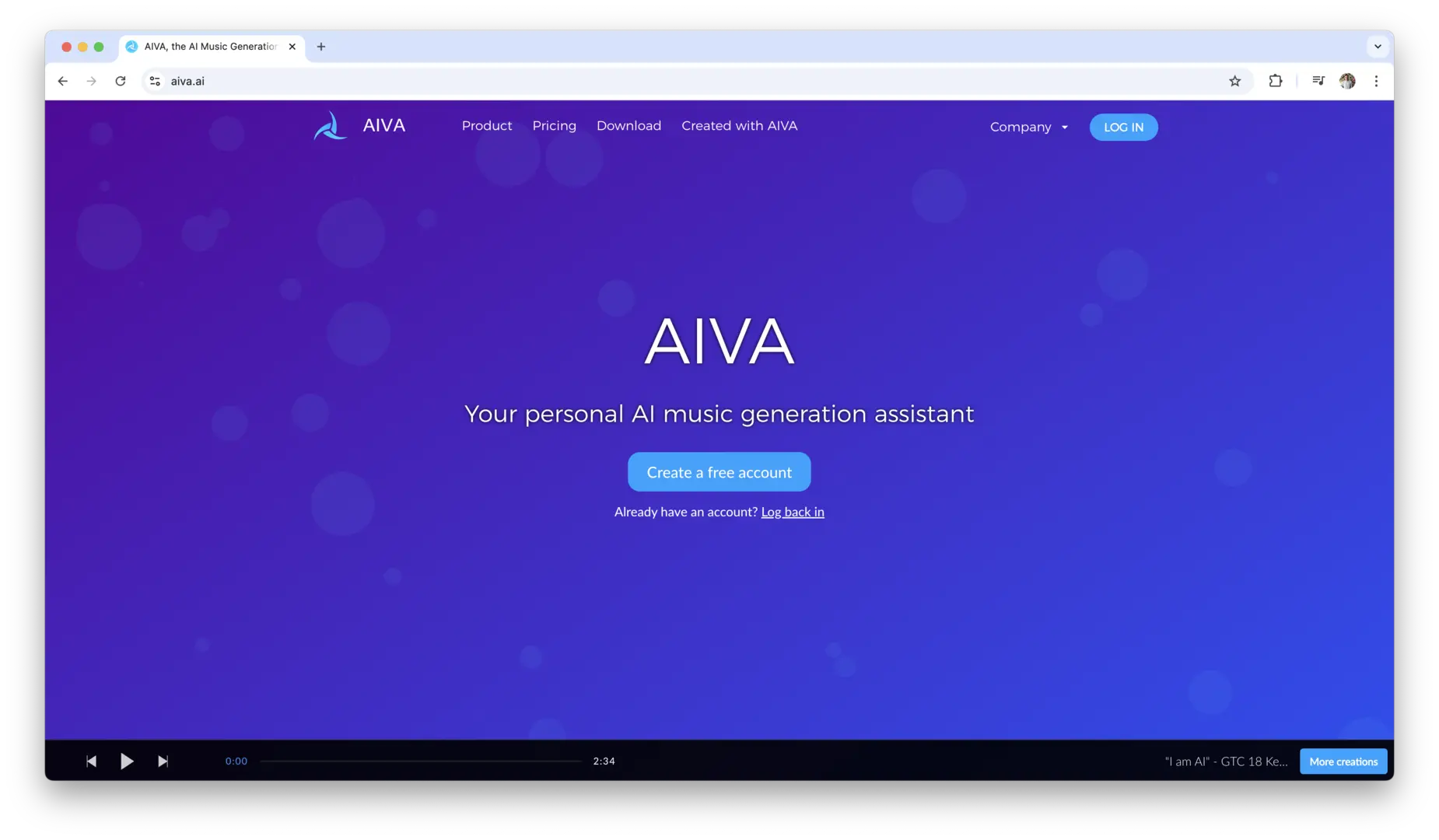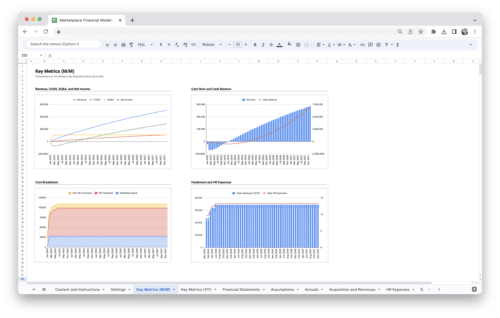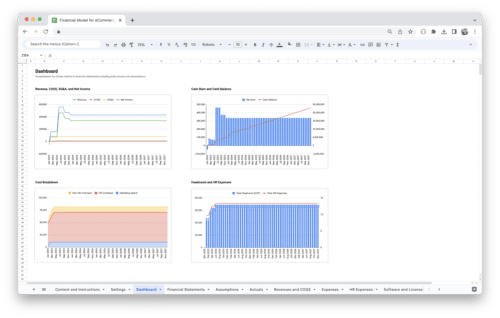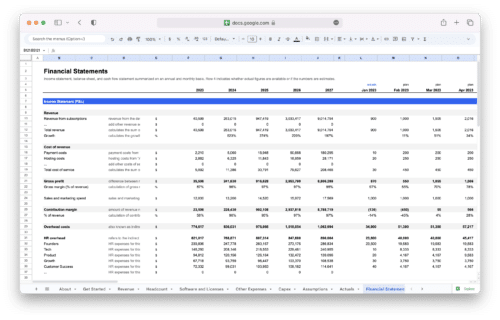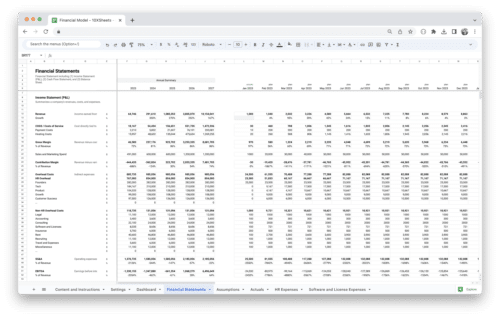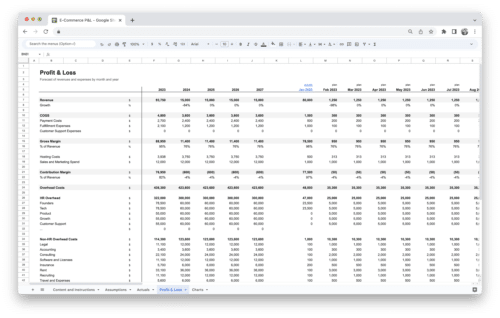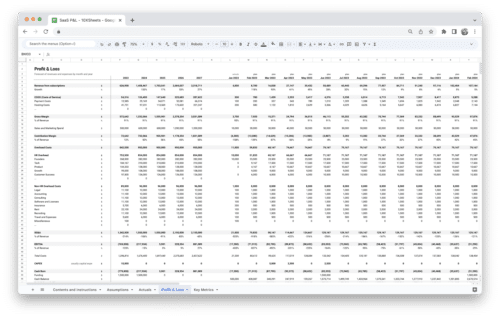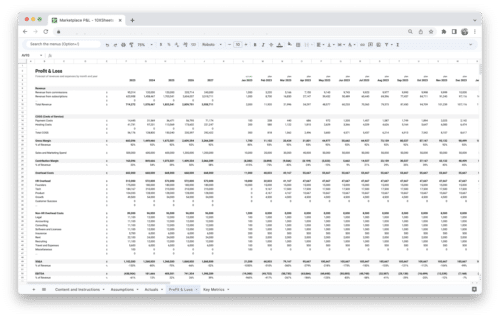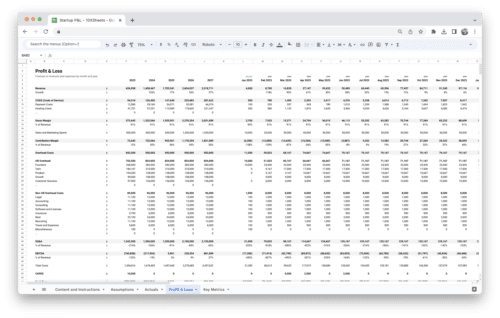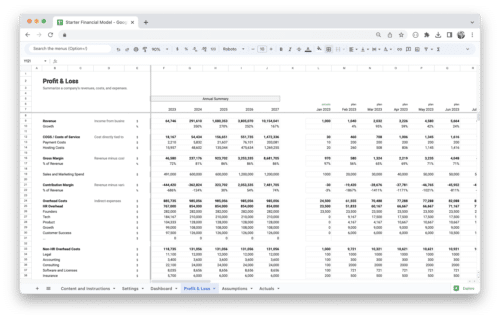Have you ever wondered how businesses are using AI to work smarter, not harder? From answering customer questions instantly to predicting market trends and automating everyday tasks, AI agents are revolutionizing how companies operate. These smart tools are designed to handle a variety of tasks that once required manual effort, allowing businesses to save time, reduce costs, and improve productivity.
Whether you’re looking to enhance customer service, boost sales, or streamline operations, there’s an AI agent out there to fit your needs. In this guide, we’ll explore some of the top AI agents available today, helping you understand how they can make a real difference in your business.
What are AI Agents?
AI agents are intelligent systems that can perform tasks autonomously by perceiving their environment, reasoning, and acting to achieve specific goals. They use algorithms, machine learning, and data analysis to interact with the world around them, much like how humans process information and make decisions. These agents can be designed for various applications, such as customer service, decision support, and process automation.
In essence, AI agents are digital “helpers” that can carry out tasks with minimal human intervention. They evolve through data-driven learning, improving over time as they encounter new scenarios. AI agents are increasingly becoming a crucial part of everyday operations, helping businesses enhance productivity, optimize processes, and improve customer experiences.
The Significance of AI Agents in Modern Industries
- Automation of routine tasks: AI agents can automate repetitive processes, allowing businesses to focus on more strategic activities and freeing up human resources for higher-value work.
- Improved decision-making: AI agents analyze large volumes of data quickly and accurately, helping businesses make informed, data-driven decisions that were once impossible or time-consuming for humans.
- Enhanced customer experience: AI agents, such as chatbots and virtual assistants, are available 24/7, improving customer support and providing real-time assistance.
- Cost efficiency: By automating processes and improving operational efficiency, AI agents help businesses save money on labor and resources while also reducing errors.
- Scalability: AI agents can easily scale operations without the need for significant additional investments, making them ideal for businesses experiencing rapid growth.
- Personalization: AI agents are capable of tailoring experiences and services to individual users based on data, improving customer engagement and satisfaction.
Types of AI Agents
- Reactive Agents: These agents respond to stimuli in their environment without retaining previous experiences. They are generally rule-based and focused on performing specific tasks based on current inputs.
- Cognitive Agents: Cognitive agents use machine learning to understand and adapt to their environment. They can learn from past experiences and make more informed decisions as they gather more data.
- Autonomous Agents: These agents operate independently and can perform tasks, make decisions, and adapt without human intervention. They often use advanced AI, including deep learning and reinforcement learning, to improve their functionality over time.
- Assistive Agents: These are designed to support human workers by providing recommendations, automating specific tasks, and offering insights. They collaborate with humans to enhance efficiency and effectiveness, often seen in applications like virtual assistants.
- Social Agents: Social agents are designed to interact with humans in more natural, social ways. These agents understand human emotions, preferences, and contexts, enabling them to engage in more empathetic and context-aware interactions. Examples include AI-driven customer service bots or AI companions.
Top AI Agents
The landscape of AI agents is rapidly evolving, and several tools are standing out in terms of their capabilities, versatility, and impact on industries. Whether you’re looking for customer support solutions, marketing automation, or data analysis, there are AI agents designed to streamline operations and provide significant value. Here’s a deeper look into some of the top AI agents currently making waves across different sectors.
ChatGPT
ChatGPT, developed by OpenAI, is one of the leading conversational AI agents. Its powerful natural language processing (NLP) capabilities make it an ideal solution for businesses looking to enhance customer interactions, provide instant support, and improve user engagement. ChatGPT’s ability to understand and generate human-like responses allows it to be used in a variety of applications, including customer service chatbots, content creation, and even email drafting. It adapts based on interactions, continually improving the quality of its responses. The tool’s ease of integration with existing systems makes it a highly sought-after choice for businesses aiming to streamline communication processes.
HubSpot AI Assistant
HubSpot’s AI Assistant is a powerful marketing and sales tool that automates key aspects of inbound marketing and CRM tasks. It uses AI to personalize customer interactions, analyze data, and optimize sales workflows. The AI Assistant can automatically send follow-up emails, schedule meetings, and provide insights into the most effective sales strategies. This helps sales teams stay organized and focused on high-priority leads. HubSpot’s AI Assistant also integrates seamlessly with the broader HubSpot ecosystem, allowing for smooth transitions between marketing, sales, and customer service teams. By automating many tasks, HubSpot’s AI Assistant enables businesses to increase efficiency while ensuring that personalized engagement remains a top priority.
Salesforce Einstein
Salesforce Einstein is an AI-powered tool integrated into the Salesforce platform, enabling businesses to leverage AI for a wide range of customer relationship management (CRM) tasks. This AI agent uses machine learning, natural language processing, and predictive analytics to automate tasks such as lead scoring, customer segmentation, and personalized marketing. It also provides actionable insights from customer data, helping businesses optimize sales strategies and improve customer service. With its deep integration within Salesforce, Einstein allows for seamless workflows and enhances the user experience by recommending next steps and automating routine tasks.
Zendesk Answer Bot
Zendesk Answer Bot is a highly effective AI agent for businesses looking to improve their customer support operations. This AI-powered tool automatically answers customer queries by using machine learning and natural language processing. It integrates seamlessly with Zendesk’s customer service platform and can handle a wide variety of customer questions, providing instant responses and resolving issues without human intervention. The bot can also escalate more complex inquiries to human agents, improving response times and freeing up support teams to focus on high-priority tasks. The more the Answer Bot interacts with customers, the smarter it becomes, enhancing the overall customer service experience.
HireVue
HireVue is an AI-driven platform used in the recruitment industry to streamline the hiring process. It uses video interviewing, machine learning, and predictive analytics to assess candidates. Through AI-powered video assessments, HireVue analyzes verbal and non-verbal cues to evaluate candidate responses, ranking them based on predefined criteria. This tool helps businesses save time in the hiring process by automating the initial stages of candidate evaluation, allowing human recruiters to focus on the most promising applicants. HireVue’s ability to score candidates based on objective data reduces bias and increases the likelihood of finding the best talent.
IBM Watson
IBM Watson is a comprehensive AI platform that offers advanced tools for data analysis, decision-making, and business automation. Watson’s machine learning capabilities make it a powerful tool for industries like healthcare, finance, and customer service. With Watson, businesses can use AI to analyze large datasets, uncover hidden insights, and make data-driven decisions. Watson’s NLP abilities also enable it to engage in complex conversational AI, allowing it to serve as a virtual assistant or support tool in various industries. Additionally, Watson’s customization features enable businesses to tailor the platform to their unique needs, making it an extremely versatile AI agent for a wide range of use cases.
Pleo
Pleo is an AI-powered expense management platform designed to streamline the financial operations of businesses. The platform’s AI agent automates the tracking and approval of expenses, categorizing them automatically based on company policies. It simplifies the process of managing corporate cards, receipts, and reimbursements, reducing the administrative burden on finance teams. Pleo’s AI capabilities also help identify anomalies in spending patterns, enabling businesses to maintain control over their budgets and optimize expense management. As an intuitive platform that integrates seamlessly with accounting tools, Pleo is an essential AI solution for companies looking to manage financial operations more effectively.
Salesloft
Salesloft, formerly Drift, is a conversational marketing platform powered by AI that automates lead qualification and customer engagement. The platform’s AI agents initiate real-time conversations with website visitors, qualifying leads based on their responses and determining the best next steps in the sales funnel. Salesloft’s chatbots are designed to handle simple inquiries while more complex questions are directed to human sales representatives. By automating the lead qualification process, Salesloft enables businesses to focus on high-quality prospects, improving conversion rates and overall sales productivity. Salesloft also integrates with major CRM systems, ensuring smooth data flow and a seamless customer journey.
Google Assistant
Google Assistant is one of the most advanced AI-powered virtual assistants available today. Leveraging Google’s vast ecosystem, it provides personalized assistance, automates daily tasks, and integrates seamlessly with other Google services. Google Assistant is widely used for voice commands, helping users set reminders, send messages, and control smart home devices. In business, it aids in managing schedules, organizing tasks, and providing instant answers to queries, making it a versatile tool for both personal and professional environments.
Microsoft Azure AI
Microsoft Azure AI is a cloud-based platform that enables businesses to build and deploy AI solutions on a massive scale. Azure AI provides a range of services, including machine learning, cognitive services, and data analytics. This platform enables businesses to incorporate AI into their applications, enhance data analysis capabilities, and develop predictive models. Its seamless integration with Microsoft’s suite of productivity tools, like Office 365 and Teams, makes it an excellent choice for organizations looking to incorporate AI into their existing workflows.
UiPath
UiPath is an AI-powered robotic process automation (RPA) platform that enables businesses to automate repetitive tasks such as data entry, reporting, and workflow management. Its AI agents use machine learning algorithms to perform tasks with human-like accuracy, freeing up employees to focus on higher-value work. UiPath’s scalability allows businesses to automate processes across departments, from HR to finance, and its integration capabilities with existing enterprise systems make it a popular choice for organizations looking to drive efficiency through automation.
Adobe Sensei
Adobe Sensei is an AI and machine learning framework that powers intelligent features across Adobe’s suite of products. From image and video editing to content personalization, Sensei enhances the creative process by offering intelligent automation and insights. For marketers, Adobe Sensei automates content creation and optimization, making it easier to personalize user experiences across digital platforms. Its deep learning capabilities enable businesses to leverage data to improve decision-making, customer engagement, and creative workflows.
Cognigy
Cognigy is an AI-powered conversational automation platform that specializes in automating customer service interactions. With its advanced natural language understanding (NLU) capabilities, Cognigy allows businesses to create virtual agents capable of handling customer inquiries, providing real-time responses, and solving problems across a wide range of industries. This AI agent can be integrated into websites, mobile apps, and even voice assistants, making it an essential tool for businesses aiming to improve their customer service operations with conversational AI.
Zoho Zia
Zoho Zia is an AI assistant integrated into Zoho’s suite of business applications, providing users with intelligent insights, predictions, and automation capabilities. Zia can assist with tasks such as data analysis, sales forecasting, and marketing campaign optimization. As an AI agent, Zia uses machine learning and natural language processing to analyze business data, offering recommendations and alerts to help users make data-driven decisions. Zia’s integration with Zoho CRM, Zoho Analytics, and other tools makes it an excellent choice for small to medium-sized businesses looking to streamline operations.
Clara
Clara is an AI-powered virtual assistant designed specifically for automating scheduling and managing meetings. It integrates with popular calendar systems like Google Calendar and Microsoft Outlook to help users arrange meetings, manage schedules, and even reschedule events. Clara’s ability to understand natural language means that it can handle meeting requests, send invites, and coordinate with multiple participants without requiring manual intervention. It’s an essential tool for businesses that rely on a high volume of meetings and appointments.
DeepL
DeepL is a leading AI-powered translation service that excels in providing highly accurate translations across multiple languages. Unlike traditional translation tools, DeepL uses neural networks and deep learning models to deliver context-aware translations that are more nuanced and natural-sounding. For businesses operating globally or those with international teams, DeepL is an essential tool for breaking down language barriers and ensuring that communications remain clear and professional across different languages.
Bright Pattern
Bright Pattern is an AI-driven contact center platform that helps businesses enhance customer support with intelligent automation. By integrating AI chatbots and virtual assistants, Bright Pattern can handle a variety of customer interactions, including answering questions, resolving issues, and collecting feedback. Its omnichannel capabilities allow businesses to engage with customers through voice, chat, email, and social media, creating a seamless and personalized experience. Bright Pattern’s AI agents also continuously improve through machine learning, ensuring that customer service becomes faster and more efficient over time.
Pega Systems
Pega Systems is an AI-driven business process management (BPM) platform that provides tools for automating workflows, improving customer experiences, and optimizing operations. The platform uses machine learning to help businesses automate routine tasks, make intelligent decisions, and predict outcomes based on historical data. Pega’s AI-powered decisioning engine is particularly useful in industries like finance, insurance, and healthcare, where regulatory compliance and complex workflows are prevalent. Its ability to adapt and learn from data ensures that businesses can stay agile and responsive in a rapidly changing market.
BigML
BigML is a machine learning platform that enables businesses to create and deploy AI models for predictive analytics. It simplifies the process of machine learning by providing a user-friendly interface and robust tools for data analysis, model training, and evaluation. BigML’s AI agents can be used to make predictions about everything from customer behavior to market trends, helping businesses make data-driven decisions with confidence. Whether you’re in marketing, sales, or operations, BigML provides an intuitive platform to integrate machine learning capabilities into your workflows.
Aiva Technologies
Aiva Technologies is an AI platform that focuses on automating music composition. It uses machine learning algorithms to create original music compositions based on user inputs, such as genre, mood, and instruments. Aiva’s AI agents are trained on a vast database of musical works, allowing them to generate compositions that sound natural and cohesive. This tool is primarily used in industries like gaming, advertising, and film production, where there is a constant need for original background music. By automating the music creation process, Aiva saves businesses time and resources while ensuring high-quality results.
These top AI agents are reshaping industries by enabling businesses to automate tasks, enhance decision-making, and offer more personalized services. As AI continues to evolve, we can expect even more advanced and specialized tools to emerge, making it essential for businesses to stay informed about the latest innovations.
The Rise of AI Agents in Business
AI agents have taken the business world by storm, moving beyond early-stage adoption and becoming integral to daily operations. Their ability to automate repetitive tasks, analyze vast amounts of data, and enhance decision-making processes has made them indispensable in many industries. AI agents allow companies to operate at scale, improve productivity, and streamline workflows.
As more businesses realize the potential of AI, it’s clear that these agents are no longer just futuristic tools—they’re crucial to staying competitive and efficient in a fast-paced environment. Whether you’re looking to boost customer service, streamline operations, or enhance internal decision-making, AI agents offer a robust solution.
How AI Agents Enhance Productivity and Efficiency
AI agents are primarily designed to automate mundane, repetitive tasks, freeing up human employees to focus on higher-value work. The time-saving benefits alone can revolutionize how a company operates. For instance, AI-powered chatbots and virtual assistants can handle large volumes of customer interactions, addressing questions, providing recommendations, and resolving issues 24/7. This automation allows customer support teams to dedicate more time to complex issues that require human intervention.
In internal operations, AI agents streamline workflows by automatically routing tasks, managing emails, and even analyzing performance metrics. They can track project deadlines, manage schedules, and optimize resource allocation, making team collaboration more seamless. This shift not only saves time but also helps businesses optimize their resources and reduce costs.
Moreover, AI agents can scale operations in ways human teams cannot. An AI agent can handle thousands of customer inquiries simultaneously, ensuring that every customer gets a response almost instantly. This scale is particularly beneficial for e-commerce businesses or industries that experience fluctuating demand, such as during holiday seasons or promotional events.
Real-World Use Cases in Customer Support, Sales, Marketing, and HR
Across industries, AI agents are already transforming key business functions. In customer support, AI-powered systems like Zendesk’s Answer Bot can provide automated responses to FAQs and escalate issues to human agents when necessary. These tools enhance response times and ensure that customer queries are addressed quickly, even outside regular business hours.
In sales, AI agents are redefining lead generation and nurturing. For example, Salesloft uses AI to initiate real-time conversations with website visitors, qualifying leads and scheduling meetings with sales representatives. The AI’s ability to score and prioritize leads means that sales teams can focus on high-potential prospects, improving conversion rates and overall sales efficiency.
In marketing, AI tools like HubSpot’s AI Assistant automate content creation, ad targeting, and social media management. These tools can predict which content will resonate with specific audiences, personalizing marketing strategies and ensuring more effective campaigns. AI agents are also used to optimize customer journeys by analyzing behaviors and providing tailored recommendations that increase engagement and sales.
In HR, AI agents are making the hiring process more efficient by automating tasks such as resume screening, candidate sourcing, and initial interviews. Platforms like HireVue use AI to analyze video interviews, assessing candidates based on their responses and behavioral patterns. This reduces the time it takes to identify the right candidates and ensures that the hiring process is fair and unbiased.
The Evolving Role of AI in Automating Decision-Making Processes
As AI technology continues to evolve, it is taking on a larger role in automating decision-making. The days of relying solely on human intuition and gut feelings are becoming a thing of the past. AI agents now provide data-driven insights that help businesses make smarter, more informed decisions.
AI agents can analyze massive datasets in real-time, providing predictive insights that would be difficult for humans to uncover manually. For example, AI tools used in financial services can predict market trends, assess risks, and suggest investment strategies based on historical data and emerging patterns. In supply chain management, AI can forecast inventory needs, optimize delivery schedules, and even detect potential disruptions in the supply chain before they happen.
The increasing reliance on AI for decision-making is particularly evident in industries where precision and speed are critical. In healthcare, AI agents are used to diagnose conditions based on patient data, suggesting treatments, and even monitoring patient progress. In legal services, AI is helping lawyers analyze case law and legal documents to provide actionable insights that improve decision-making.
This shift toward AI-driven decision-making doesn’t eliminate the human element; rather, it complements human expertise. AI agents act as intelligent assistants, providing recommendations and insights that enable more informed and efficient decisions. As AI becomes more advanced, the scope of tasks it can handle will continue to grow, automating increasingly complex decision-making processes across industries.
AI Agents Features to Look For
When selecting an AI agent for your business, it’s essential to understand the features that make these tools effective. The best AI agents are more than just automated systems—they have intelligent capabilities that enable them to perform complex tasks and adapt to evolving needs. Here are the key features that set leading AI agents apart from the rest.
Natural Language Processing (NLP) Capabilities
Natural Language Processing (NLP) is one of the most vital features of modern AI agents. NLP allows these systems to understand, interpret, and generate human language in a way that feels natural and intuitive. Whether it’s processing customer queries, generating reports, or even carrying on conversations, NLP enables AI agents to bridge the gap between humans and machines.
A key aspect of NLP is sentiment analysis, where AI agents can assess the emotional tone of text or speech. For example, when a customer reaches out to a company via chat, an AI agent can determine if the message is urgent, frustrated, or neutral and tailor its response accordingly. By analyzing word choice, tone, and context, AI agents can provide more empathetic, relevant responses, enhancing customer experience.
Additionally, NLP makes it possible for AI agents to process large volumes of unstructured text, like customer feedback, social media posts, or emails. This ability helps businesses gain insights into customer preferences, complaints, and emerging trends, which can then inform decisions like product improvements, marketing strategies, and customer support tactics.
Machine Learning and Adaptability
Machine Learning (ML) is the driving force behind the adaptability and growth of AI agents. Unlike traditional software that requires constant reprogramming to adapt to new tasks, AI agents powered by machine learning can improve over time as they are exposed to more data.
The core idea behind machine learning is that AI agents “learn” from past experiences. For instance, an AI tool used for email marketing can track open rates, click-through rates, and other user interactions to optimize future campaigns. It doesn’t just follow a fixed set of rules; it continuously adapts to changing user behavior and adjusts its approach accordingly.
In customer service, ML enables AI agents to understand how customer inquiries evolve, improving their responses with each interaction. This means the more an AI agent is used, the smarter and more efficient it becomes. It can even handle more complex requests over time, which is why machine learning is critical for businesses looking to scale their operations and manage increased demand without sacrificing quality.
Machine learning is particularly powerful in predictive analytics. AI agents can use historical data to predict future trends, such as sales forecasts, inventory needs, and customer behavior. This predictive power is invaluable for decision-making and planning, helping businesses stay ahead of the curve.
Decision-Making and Problem-Solving Abilities
AI agents aren’t just about automation; they are also equipped with advanced decision-making capabilities. Using data-driven algorithms, these agents analyze information to make decisions on behalf of the business or to assist human employees in their decision-making process.
The decision-making ability of AI agents comes from their capacity to process vast amounts of data quickly and accurately. For example, AI-powered systems can assess a large number of variables at once—whether it’s a customer’s purchasing history, browsing behavior, or even environmental factors like weather conditions—to determine the best course of action. This helps businesses make real-time decisions that are backed by data and reduce the risks associated with human error or biases.
In problem-solving, AI agents use sophisticated algorithms to break down complex challenges into smaller, manageable parts. Whether it’s diagnosing a technical issue, optimizing a supply chain, or suggesting improvements to a business process, AI agents can rapidly analyze potential solutions and recommend the best options. For instance, in healthcare, AI tools can help doctors diagnose medical conditions by analyzing symptoms, patient history, and clinical data, providing them with recommended treatment paths based on data-driven insights.
The ability of AI to make decisions autonomously can be especially beneficial in environments where time is critical. For example, in financial trading, AI systems can process real-time market data and execute trades much faster than a human could. The speed and accuracy of these decisions can significantly improve outcomes and minimize losses.
Integration with Existing Workflows and Tools
One of the most crucial aspects of an effective AI agent is how well it integrates into your existing business tools and workflows. The value of AI is maximized when it works seamlessly with the tools and systems your team is already using, rather than requiring a complete overhaul of your processes.
Leading AI agents are designed to be flexible and compatible with a wide range of business platforms. Whether you’re using CRM systems like Salesforce, marketing tools like HubSpot, or customer service platforms like Zendesk, the best AI agents come with built-in integrations or offer API connections to ensure smooth communication between different systems.
For instance, AI-driven customer support platforms like Intercom can automatically pull data from your CRM to offer personalized recommendations or support, making customer interactions more efficient. Similarly, AI tools used in HR, like Workday, can integrate with your existing applicant tracking systems (ATS) to automatically screen resumes and schedule interviews, all without requiring additional manual work from your HR team.
The key to successful AI integration is ensuring that the agent can perform the necessary tasks without creating friction. AI agents should be easy to implement and align with your team’s workflow, allowing for continuous and uninterrupted operations. This eliminates the need for employees to switch between different systems and keeps everything streamlined.
In addition to integration, customization is vital. Businesses should be able to tailor the AI agent to meet their specific needs, whether that’s adjusting the workflows, modifying how data is processed, or configuring how the agent interacts with customers or employees. A customizable AI agent ensures that businesses can adopt the technology without losing control over their established processes.
How to Choose the Best AI Agent for Your Business?
Selecting the right AI agent for your business can be a challenging process, given the variety of tools available and the different functionalities they offer. However, by following a structured approach to assess your needs, evaluate features, and understand pricing, you can choose an AI agent that aligns with your business goals and maximizes efficiency. Here are some critical steps to help you make the best choice.
1. Assess Your Business Needs and Goals
The first step in selecting the right AI agent is to clearly define your business needs and objectives. What challenges are you trying to address? Are you looking to enhance customer service, automate administrative tasks, or gain better insights into data? Knowing the answers to these questions will guide you in identifying the right type of AI tool.
For example, if your goal is to improve customer support, you may want to look for AI agents with strong chatbot or virtual assistant capabilities. If you need to streamline HR processes, an AI-powered recruiting tool that automates candidate screening and scheduling might be more appropriate.
Another important aspect is considering the specific workflows you want the AI agent to optimize. For instance, if you’re in the retail industry and want to enhance sales, an AI tool that helps with customer behavior analysis, personalized marketing, and product recommendations will be key. If you’re in finance, an AI agent that can predict market trends or manage risk might be more suitable.
Once you’ve identified your goals, prioritize them. Some businesses may need an AI solution that can handle a wide range of tasks, while others may require a specialized tool. The more precise you are about your business needs, the easier it will be to find an AI agent that fits those requirements.
2. Evaluate Scalability, Customization, and Integration Features
When selecting an AI agent, scalability, customization, and integration capabilities should be top priorities. These features ensure that the tool can grow with your business, adapt to your specific requirements, and work seamlessly with your existing systems.
Scalability is essential for any growing business. The AI agent should be able to handle an increasing number of users, transactions, or tasks as your business expands. For example, if you’re an e-commerce business that expects rapid growth, you’ll need an AI agent that can scale to support more customer interactions, process larger datasets, and adapt to changing business dynamics. A scalable AI tool will allow you to increase capacity without having to switch to a new platform or worry about performance issues.
Customization is equally important. Businesses often have unique needs, and a one-size-fits-all approach may not always work. Choose an AI agent that allows you to tailor its features to meet your specific requirements. For instance, in HR, you may need an AI recruiting agent that can be customized to match your company’s specific hiring criteria, whether that’s for certain skills, experience, or cultural fit. In marketing, you might want an AI tool that can personalize content based on customer segmentation. The ability to customize workflows, user interfaces, and reports ensures that the AI agent aligns with your operational structure.
Integration is another critical factor to consider. The AI agent should easily integrate with the tools and systems your business is already using. Whether it’s your CRM system, marketing automation platform, or ERP, seamless integration ensures that your teams can continue working without disruption. For instance, if you’re using a CRM like Salesforce, an AI agent that integrates directly with this platform can automatically pull customer data to offer insights and recommendations. Similarly, an AI-powered HR tool that integrates with your existing applicant tracking system (ATS) will streamline the hiring process and reduce manual data entry.
Look for AI agents that offer APIs, pre-built integrations, or customizable connectors to ensure that they can be smoothly incorporated into your existing tech stack. A lack of integration options can lead to inefficiencies and additional manual work, ultimately limiting the AI’s effectiveness.
3. Consider Pricing and ROI
Pricing is a crucial aspect when selecting an AI agent. While it’s tempting to choose the cheapest option, the real value of an AI agent lies in the return on investment (ROI) it delivers. That’s why it’s essential to consider how the tool will contribute to your overall business goals and how its benefits outweigh its cost.
The pricing structure of AI agents can vary widely. Some offer subscription-based models, while others charge per transaction or offer a one-time payment. When evaluating the cost, make sure to look at the long-term value, not just the initial price. For example, while an AI tool that automates customer service might have a higher upfront cost, it could save your business significant amounts of money by reducing the need for additional customer support staff and improving response times. Similarly, an AI-powered HR tool could save hours of work in the hiring process, allowing HR teams to focus on more strategic tasks.
To assess the ROI, consider the time and cost savings that the AI agent can bring. For instance, if the AI can reduce the time spent on manual tasks by 30%, how much does that translate into productivity gains? What about the reduction in errors and improvement in customer satisfaction? All of these factors contribute to the overall ROI.
It’s also important to factor in the scalability of pricing. If your business is expected to grow, make sure the pricing model can accommodate future needs without significant price hikes. Some AI tools offer tiered pricing based on usage, while others may charge per user or transaction. Understand the pricing model in detail and ask the provider how costs may change as your business expands.
Finally, don’t forget to consider potential hidden costs, such as implementation fees, customization charges, or training costs. While an AI agent may look affordable on the surface, these additional expenses can add up quickly, affecting your budget and ROI projections.
By considering the pricing, long-term benefits, and scalability, you can choose an AI agent that delivers real value and contributes to the success of your business.
The Future of AI Agents
AI agents are evolving rapidly, and their role in business and everyday life will only become more pronounced in the coming years. As technology continues to advance, the capabilities of AI agents are expanding, making them even more valuable tools for businesses of all sizes. Here’s a look at the trends and changes that will shape the future of AI agents.
- Emotional Intelligence: AI agents will develop greater emotional intelligence, allowing them to better understand and respond to human emotions. This will make them more empathetic in customer service roles and more effective in personalizing experiences for users.
- Advanced Predictive Capabilities: As AI agents gather more data and learn from past interactions, they will be able to predict outcomes with higher accuracy. This could revolutionize areas like sales, marketing, and supply chain management by offering more reliable forecasts and recommendations.
- Autonomy in Decision-Making: AI agents will continue to take on more complex decision-making tasks, especially in industries that rely on large amounts of data for critical decisions. Autonomous AI could be used in fields such as healthcare to diagnose diseases or in finance to manage investment portfolios.
- Integration Across Platforms: AI agents will seamlessly integrate across multiple platforms, creating a unified ecosystem that connects all aspects of business operations. Expect AI to operate fluidly across CRM systems, marketing platforms, and HR tools, providing a cohesive experience across departments.
- Regulations and Ethical Standards: As AI becomes more widespread, governments and organizations will implement stricter regulations to ensure AI is used responsibly. AI agents will need to adhere to new ethical standards around data privacy, bias, and fairness in decision-making.
- Improved Customization and Personalization: AI agents will be able to create more tailored experiences for individuals, whether that’s through personalized marketing, customized content, or individual customer service interactions. This level of personalization will help businesses forge stronger connections with their audience.
- Collaboration with Human Workers: Rather than replacing human jobs, future AI agents will act as collaborative partners. They will assist employees in performing high-level tasks, helping them focus on strategy and decision-making while automating routine work.
- Greater Accessibility: As AI technology becomes more affordable and accessible, small and medium-sized businesses will be able to leverage powerful AI tools without the need for significant investment. This democratization of AI will allow a wider range of industries to benefit from automation and advanced analytics.
Conclusion
AI agents are transforming the way businesses operate, making it easier to automate tasks, streamline workflows, and provide better experiences for customers. As we’ve seen, there are a wide range of AI agents designed for different purposes—whether it’s handling customer service inquiries, automating marketing tasks, or analyzing large datasets to drive smarter decisions. The top AI agents in the market today offer powerful capabilities, and choosing the right one can help you save time, improve efficiency, and enhance your overall operations. With the advancements in AI technology, businesses of all sizes can now access tools that were once reserved for larger enterprises.
As AI continues to evolve, the opportunities for improving business processes will only grow. These AI agents are not just a passing trend—they’re becoming essential tools for companies looking to stay competitive. By integrating the right AI solutions into your business, you can focus on higher-value work, reduce human error, and make data-driven decisions faster. The key is to understand your business needs, explore the best AI options available, and implement those that bring the most value to your operations. With the right AI agent, you’ll be well-equipped to meet the challenges of today and the future.
Get Started With a Prebuilt Template!
Looking to streamline your business financial modeling process with a prebuilt customizable template? Say goodbye to the hassle of building a financial model from scratch and get started right away with one of our premium templates.
- Save time with no need to create a financial model from scratch.
- Reduce errors with prebuilt formulas and calculations.
- Customize to your needs by adding/deleting sections and adjusting formulas.
- Automatically calculate key metrics for valuable insights.
- Make informed decisions about your strategy and goals with a clear picture of your business performance and financial health.
-
Sale!
Marketplace Financial Model Template
Original price was: $219.00.$149.00Current price is: $149.00. Add to Cart -
Sale!
E-Commerce Financial Model Template
Original price was: $219.00.$149.00Current price is: $149.00. Add to Cart -
Sale!
SaaS Financial Model Template
Original price was: $219.00.$149.00Current price is: $149.00. Add to Cart -
Sale!
Standard Financial Model Template
Original price was: $219.00.$149.00Current price is: $149.00. Add to Cart -
Sale!
E-Commerce Profit and Loss Statement
Original price was: $119.00.$79.00Current price is: $79.00. Add to Cart -
Sale!
SaaS Profit and Loss Statement
Original price was: $119.00.$79.00Current price is: $79.00. Add to Cart -
Sale!
Marketplace Profit and Loss Statement
Original price was: $119.00.$79.00Current price is: $79.00. Add to Cart -
Sale!
Startup Profit and Loss Statement
Original price was: $119.00.$79.00Current price is: $79.00. Add to Cart -
Sale!
Startup Financial Model Template
Original price was: $119.00.$79.00Current price is: $79.00. Add to Cart
